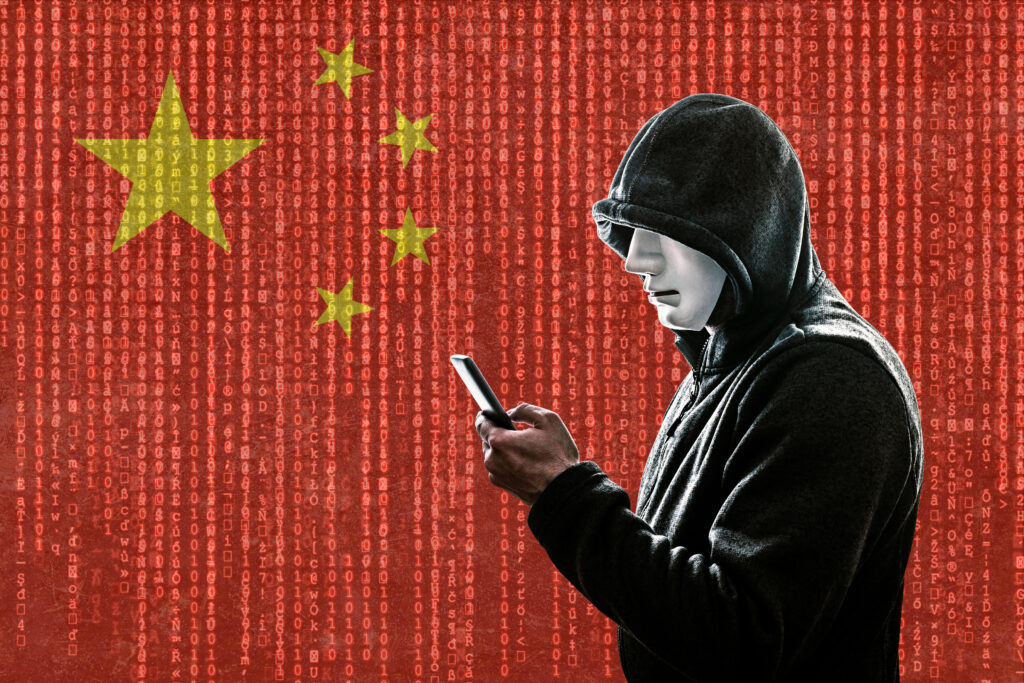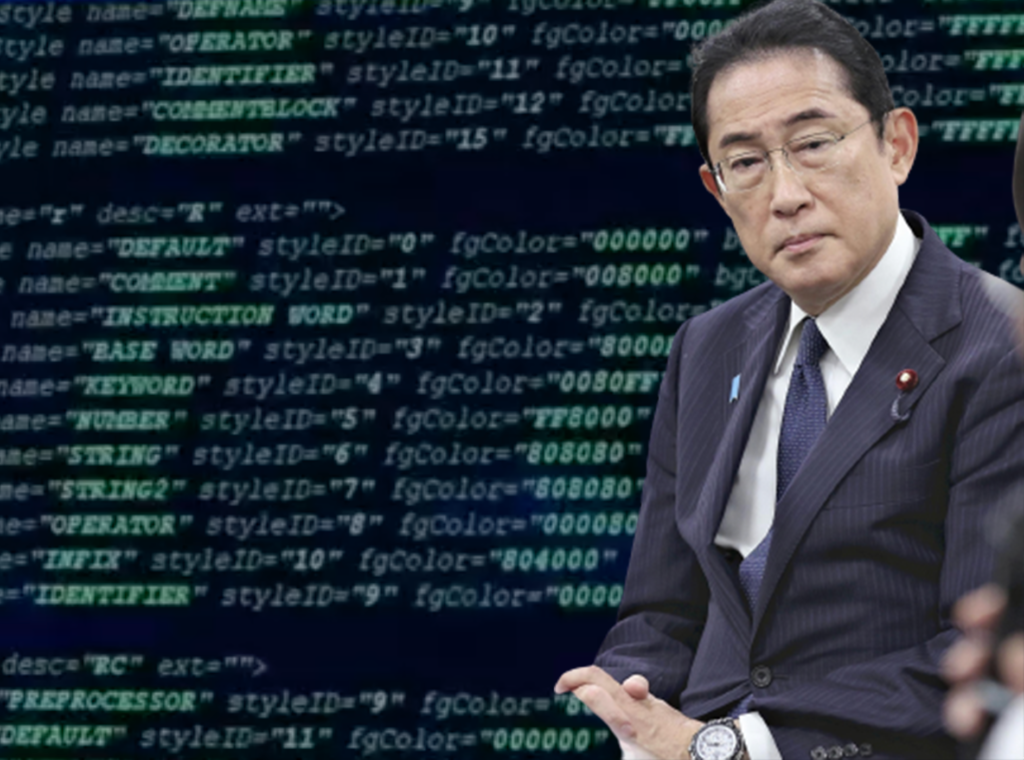
As a result, it is said that there are still obstacles to the sharing of information between the U.S. and Japan.Citing former and current U.S. officials, the Washington Post (WP) reported that a Chinese military hacker succeeded in penetrating Japan’s secret military network at the end of 2020. “The situation at the time was shockingly bad,” a former official told the newspaper. Hackers reportedly broke into Japan’s most secure network and tried to secure as much information as possible on operational plans, assets, and military flaws.There was also a situation where we could guess how urgent the situation was at that time. Paul Nakasone, then director of the U.S. National Security Agency (NSA), and Matthew Pottinger, then deputy assistant to the White House National Security Council, who first confirmed the hacking, immediately flew to Japan and delivered it to the Japanese defense secretary, which was later reported to the Japanese prime minister.

In response, Japan has set a policy to increase its cybersecurity budget by 10 times and nearly quadruple its military cybersecurity workforce to 4,000 over the next five years to strengthen network security. However, it is known that Japan’s confidential security network was not completely restored in 2021, after the Biden administration was launched. At that time, the hacking incident was detected during the Trump administration. As the situation turned like this, U.S. Defense Secretary Lloyd Austin reportedly conveyed his position to the Japanese government that “if cybersecurity is not secured, information sharing between the U.S. and Japan could be slowed.” Japan, the United States’ strongest ally in the Indo-Pacific, has so far been provided with various U.S. military information in real time more closely than South Korea. The issue is also expected to be discussed at the Korea-U.S.-Japan summit, which is scheduled for the 18th. The “Washington Declaration” adopted during President Yoon Suk Yeol’s state visit to the U.S. in April strengthened the security alliance between South Korea and the U.S., and the U.S. has been working hard to build a security alliance between South Korea, the U.S. and Japan. “Despite the Japanese government’s tightening of security at the time, military information exchanges between the U.S. and Japan are still disrupted,” he said. This is why some observers say that if there are still problems in sharing information between the U.S. and Japan, the triangular cooperation envisioned by the U.S. may not go as planned.Meanwhile, Chinese military hackers accessed the Microsoft (MS) cloud network last month and hacked the e-mail accounts of high-ranking U.S. officials, including Commerce Secretary Lumondo. Microsoft announced on the 11th of last month (local time) that 25 organizations, including the U.S. State Department and the Department of Commerce, were attacked by a Chinese-based hacker organization called Storm-0558. However, the government did not specify China as the main agent of the hacking, as high-level conversations between the U.S. and China, including Minister Blinkon and Minister Yellen’s visit to China, began to open the door.
TED PARK
US ASIA JOURNAL

